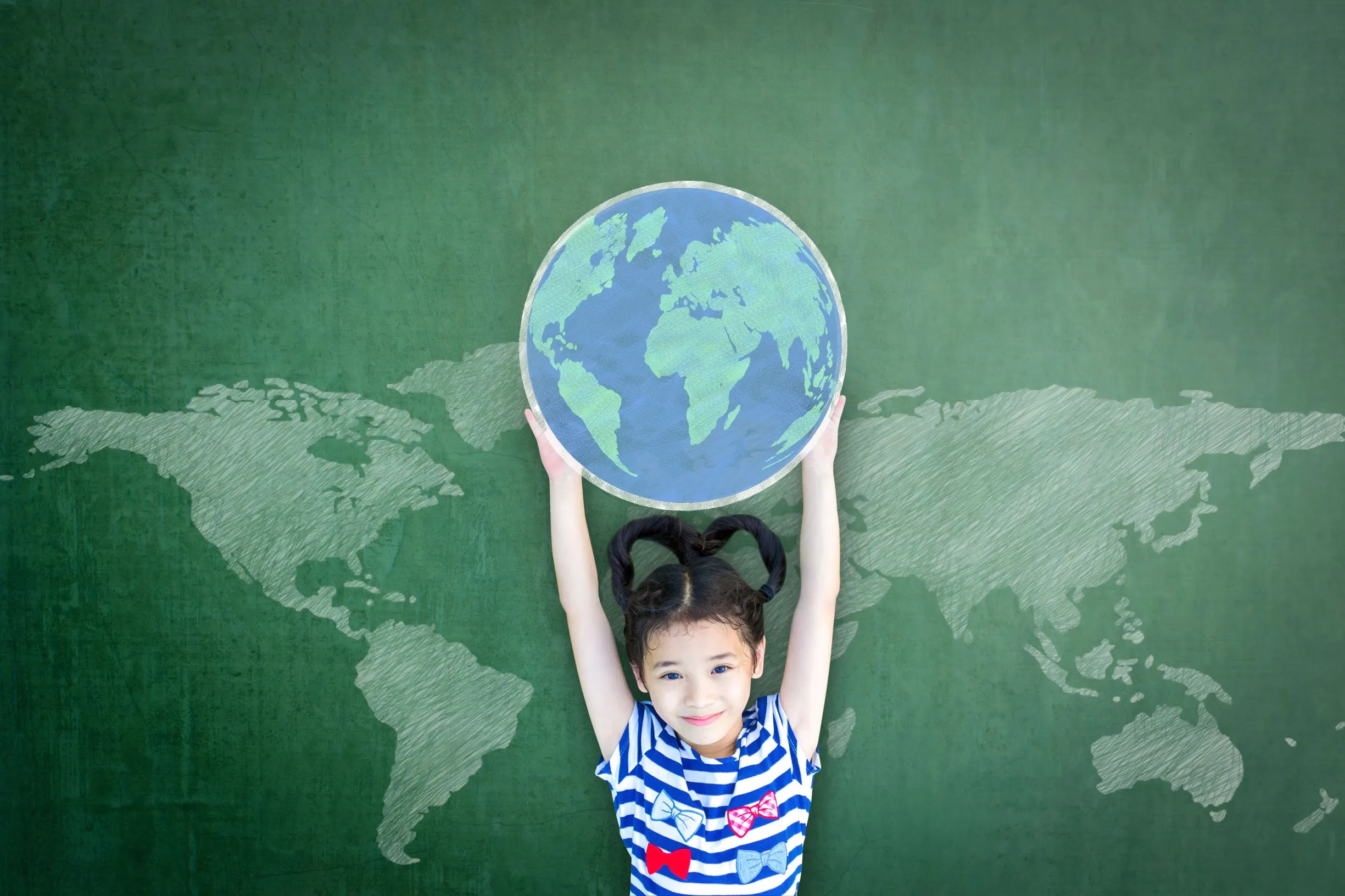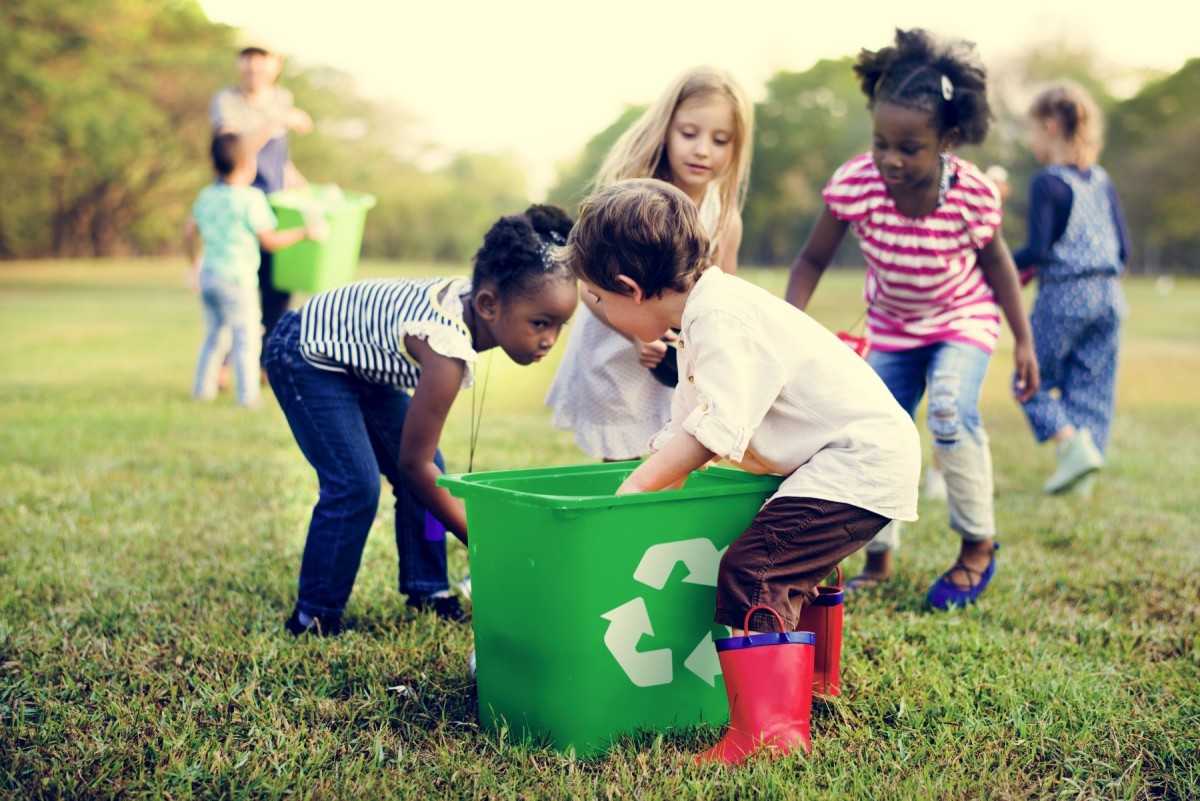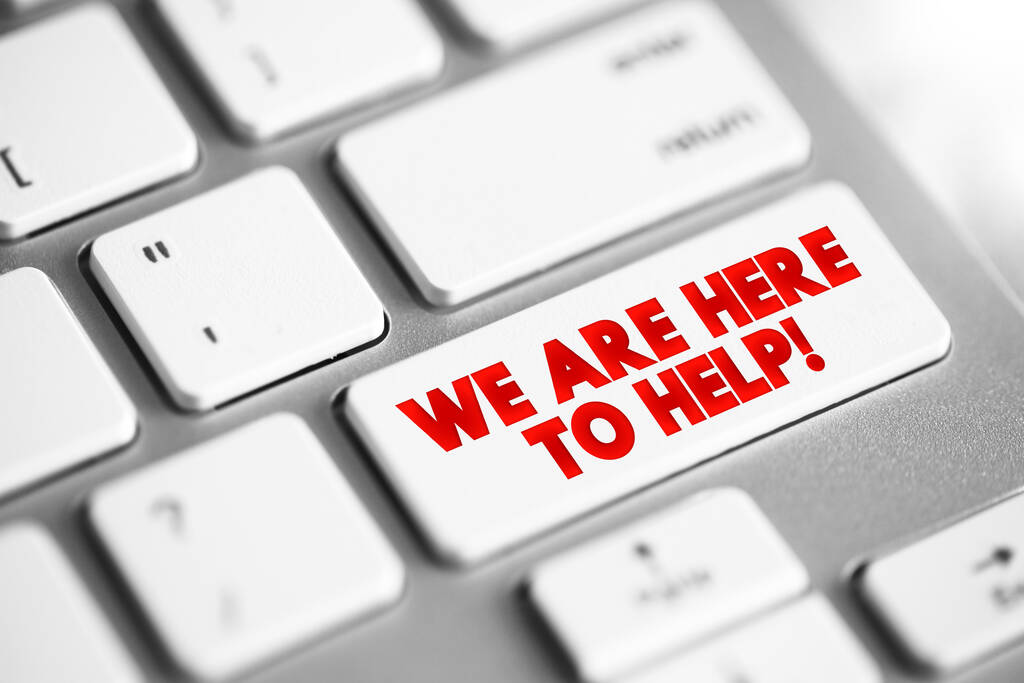
Protectiva Health Foundation
Tel: +48 793 194 307
Email: info@phfoundation.net
Protectiva Health Foundation
Os.Raczynskiego 8/1 62-020 Swarzedz Poland
Improving Access to Healthcare:
Strengthening healthcare infrastructure in developing countries and making basic medical products more accessible.

Education and Awareness:
Educating communities about hygiene, sterilization, and basic health practices

International Cooperation:
Developed countries providing greater support to developing nations in terms of healthcare services and medical supplies.

Local Production and Distribution:
Producing medical products locally and distributing them at affordable prices.
- WHO IS PROTECTIVA HEALTH FOUNDATION?
- Why Are We Different ?
- 20 Years of trusted care
- Our Community
- Our mission

At Protectiva Health Foundation, we believe that the right to life is sacred for every living being. We are dedicated to making healthcare and medical products easily accessible to all, aiming to provide trust, support, and hope to our community. With a deep respect for nature, life, and human dignity, we work tirelessly to create sustainable solutions in the field of health. We are committed to building a healthier and more accessible future for everyone.

At Protectiva Health Foundation, we go beyond simply providing medical products—we are dedicated to making a real difference in people’s lives. Our commitment to accessibility, compassion, and innovation sets us apart, ensuring that everyone receives the care and support they deserve.

With twenty years of trusted experience, we work to make medical products accessible to everyone and strive tirelessly for equal opportunities in healthcare.

United by a shared vision, we empower our community by ensuring that everyone has access to essential medical products and support for a healthier, more equitable future.

As Protectiva Health Foundation, we bring hope and healing not only to clinics but to every part of our communities. Together, we reach beyond boundaries to deliver healthcare and touch every life.As Protectiva Health Foundation, we bring hope and healing not only to clinics but to every part of our communities. Together, we reach beyond boundaries to deliver healthcare and touch every life.

The Importance of Children: The Force That Shapes the Future

Why Must We Protect All the Children in the World?





